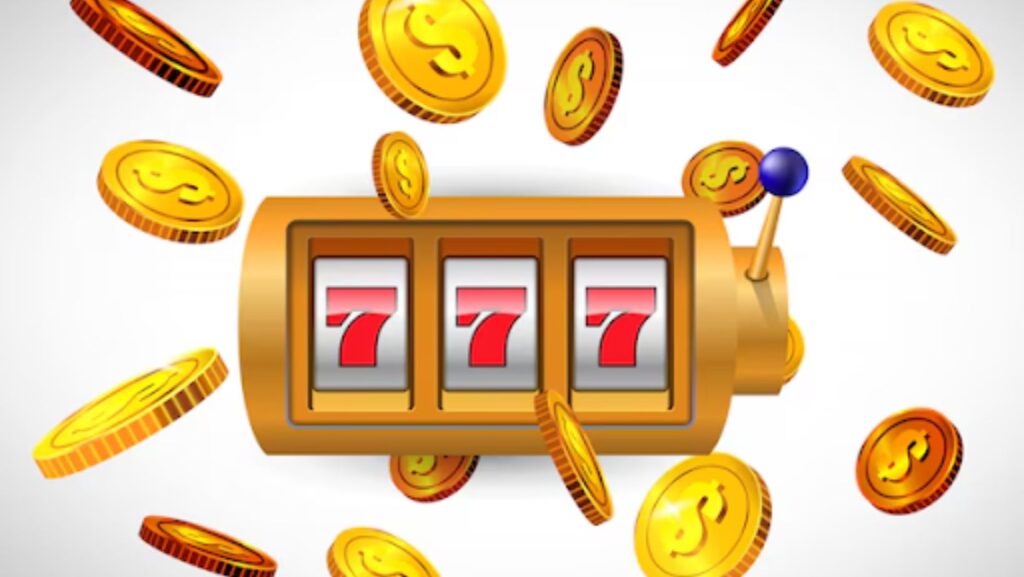The volatility of traditional financial markets and rising inflation have led many investors to seek alternative assets for wealth preservation. Cryptocurrencies, particularly blockchain-based tokens, have emerged as potential hedging instruments against inflation. But can 1win Token serve as a crypto-safe haven, providing users with a stable and valuable asset in times of economic uncertainty? The growing adoption of decentralized finance suggests that digital assets like 1win Token could play a significant role in reshaping financial stability.
Beyond its potential as an inflation-resistant asset, understanding the economic model behind 1win Token is essential. Many cryptocurrencies rely on mining or staking to distribute supply, but how is 1win Token issued, and can it be mined? Exploring the mechanics of its tokenomics, emission model, and distribution strategy provides insights into its long-term sustainability and investment potential.
As digital finance continues to evolve, the intersection between crypto wagering, financial hedging, and blockchain tokenomics becomes increasingly relevant. By analyzing the role of 1win Token in both economic resilience and supply management, we gain a deeper understanding of how it fits into the broader digital asset ecosystem.
Betting against inflation: can 1win Token be a crypto safe haven?
As inflation erodes the value of traditional currencies, investors are increasingly looking toward cryptocurrencies and digital assets as potential hedging tools. Unlike fiat money, which is subject to central bank policies and monetary expansion, 1win Token operates on a blockchain, making it resistant to inflationary pressures. But can it truly serve as a crypto-safe haven, offering financial stability and long-term value preservation? The table below compares 1win Token with traditional assets and other cryptocurrencies to assess its potential as an inflation-resistant investment.
| Feature | Fiat currencies | Gold & traditional safe havens | 1win Token | Inflation hedge potential |
| Supply control | Central banks can print unlimited money, leading to inflation. | Limited supply ensures stability over time. | Predefined tokenomics prevent excessive issuance. | Controlled supply limits inflation risks. |
| Decentralization | Controlled by governments and subject to policy changes. | Stored in centralized vaults, requiring third-party trust. | Fully decentralized, operating on a blockchain. | Removes reliance on central authorities. |
| Liquidity | Highly liquid but depreciates in value due to inflation. | High liquidity but can be difficult to transfer digitally. | Easily transferable and tradable within crypto ecosystems. | Combines liquidity with inflation resistance. |
| Scarcity factor | No scarcity, as governments can print more at will. | Scarce resource with limited global availability. | Token supply can be limited through smart contracts or burning mechanisms. | Scarcity enhances long-term value. |
| Ease of use in transactions | Widely accepted but subject to bank fees and restrictions. | Can be used as a hedge but not practical for daily transactions. | Instant transactions with low fees for betting, staking, and transfers. | Practical for both investments and real-world use. |
| Resilience to economic shocks | Loses value during economic downturns due to inflation. | Historically stable but affected by market demand. | Blockchain-based security prevents devaluation due to monetary policies. | Less susceptible to traditional financial instability. |
| Earning potential | No passive income opportunities. | Low yield unless actively traded. | Staking and trading provide opportunities for passive income. | Offers both inflation protection and earning potential. |
Unlike traditional fiat currencies that are constantly devalued by monetary expansion, 1win Token offers a decentralized and controlled supply model that limits excessive issuance. Its blockchain security, scarcity, and staking mechanisms provide users with both a store of value and an earning opportunity, making it an appealing option in times of inflation.
While 1win Token may not yet be a universally recognized inflation hedge like gold or Bitcoin, its utility within the iGaming and DeFi ecosystem makes it an attractive alternative asset. As the crypto betting industry continues to expand, the potential for 1win Token to act as a financial safeguard will depend on its adoption, market demand, and integration into broader economic frameworks.
Can you mine 1win Token? Understanding its issuance and economy

Unlike traditional cryptocurrencies such as Bitcoin, which rely on Proof-of-Work (PoW) mining, 1win Token follows a different issuance model. Instead of using computational power to validate transactions and generate new tokens, its supply is managed through predefined tokenomics, staking rewards, and ecosystem incentives. Here’s how the 1win Token economy works and whether mining is possible:
- No proof-of-work mining – unlike Bitcoin, 1win Token does not require mining rigs or computational resources to generate new tokens. Instead, its supply is controlled by smart contracts.
- Pre-minted supply model – the total supply of 1win Token may be pre-minted, meaning all tokens are created at launch and distributed based on platform incentives.
- Staking as a mining alternative – instead of mining, users can stake 1win Token to earn passive rewards, similar to the Proof-of-Stake (PoS) mechanism used by many modern blockchain projects.
- Earning through gameplay – tokens are distributed as rewards for platform activity, allowing users to earn them by participating in betting, challenges, and tournaments.
- Liquidity pool participation – users can provide liquidity to decentralized finance (DeFi) pools and earn rewards for helping facilitate transactions within the ecosystem.
- Token burning for supply control – some blockchain projects implement burn mechanisms to regulate supply. If 1win Token incorporates burning, its scarcity could increase over time.
- Play-to-earn incentives – instead of mining, tokens are earned through engagement-based activities, such as clicking in 1win Clicker, completing tasks, or referring new users.
- Smart contract distribution – 1win Token allocation may follow a governance-driven model, where a portion of the supply is used for community incentives, staking rewards, and liquidity.
- Integration with DeFi protocols – if 1win Token expands into decentralized lending, borrowing, or yield farming, users could generate returns by locking tokens into smart contracts.
- Potential future governance participation – some tokens enable holders to vote on ecosystem decisions, giving stakers and active users more influence over platform development.
Since 1win Token does not rely on traditional mining, its distribution and inflation control mechanisms are key to maintaining long-term value. By incentivizing staking, liquidity provision, and gameplay, the platform ensures that tokens are continuously circulating while preventing excessive inflation.
While mining 1win Token in the traditional sense is not possible, users can still accumulate tokens through staking, gameplay rewards, and DeFi participation. As blockchain-based betting evolves, 1win Token’s tokenomics will play a crucial role in shaping its sustainability and market adoption.
Conclusion: the role of 1win Token in digital finance and betting
As blockchain technology continues to redefine financial systems, 1win Token emerges as a versatile digital asset with applications beyond traditional gaming. Its controlled supply, staking rewards, and decentralized transaction model position it as a potential alternative to fiat-based betting economies. Unlike inflation-prone currencies, its scarcity and utility within the iGaming ecosystem offer a more resilient financial model.
While 1win Token is not mined in the traditional sense, its staking and play-to-earn mechanics allow users to accumulate and grow their holdings. This approach fosters active participation in the ecosystem, ensuring that tokens remain valuable while encouraging liquidity and engagement. With its integration into DeFi protocols, gaming incentives, and liquidity pools, it provides multiple avenues for passive income and asset appreciation.
The future of 1win Token will be shaped by market adoption, regulatory developments, and expanding blockchain-based betting solutions. As the digital economy evolves, its ability to serve as both a transactional asset and a financial hedge could strengthen its position in the growing intersection of iGaming, decentralized finance, and digital investments. Whether as a betting token, an earning tool, or an alternative store of value, 1win Token is paving the way for a more decentralized and financially innovative future.



